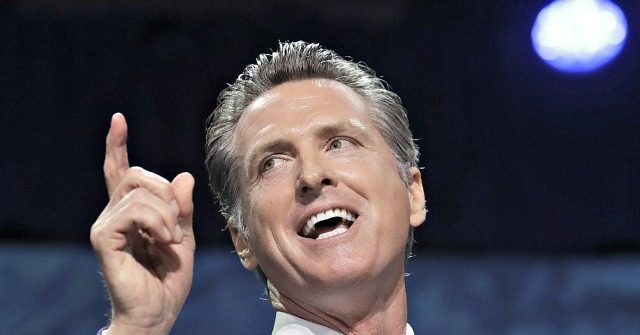California businesses and households are facing unexpected financial burdens due to the state’s decision to default on approximately $20 billion in federal loans meant to cover unemployment shortfalls during the COVID-19 pandemic. The issue gained visibility when restaurateur Andrew Gruel highlighted the unforeseen costs on social media. For more than a year, experts like the Hoover Institution had predicted that California’s fiscal troubles would lead to such a crisis. Many businesses were unaware that they were essentially acting as co-signers for this state loan, and federal law dictates that when a state defaults, its businesses become responsible for repaying the debt.
The situation has been made more severe by the California Employment Development Department’s outdated IT infrastructure, which led to rampant fraud during the pandemic. Reports indicated more than $30 billion was wrongfully disbursed in unemployment claims, impacting various fraudulent recipients, including criminals and impersonated individuals. The failures in the EDD’s system not only exacerbated the financial burden on the state but have also raised serious questions about the management and accountability of public funds.
Critics argue that the state’s decision to default is particularly inexcusable, especially given California’s nearly $100 billion budget surplus last year and significant federal COVID relief funds amounting to $27 billion that could have been allocated toward repaying the loans. With the state’s record-high budget exceeding $300 billion for the 2022-2023 period, there was ample opportunity for California to manage its debts proactively. Despite this financial resilience, the state opted not to resume loan payments or mitigate the increasing federal unemployment insurance taxes that are now being imposed on businesses.
Additionally, employees of legal immigrants who pay payroll taxes are also feeling the pinch due to these sudden tax hikes, reflecting a broader trend within the state’s economic landscape. This situation has sparked significant discontent among businesses and households that are left to shoulder unexpected financial responsibilities stemming from the state’s fiscal mismanagement. This has led to ongoing discussions about the long-term viability of taxes imposed upon the state’s workforce and businesses, questioning whether current measures are sustainable.
The burden could further escalate as California has accrued a staggering total long-term debt that now exceeds half a trillion dollars, making it the most indebted state in the nation. As California grapples with its financial challenges, there are concerns about the implications for future economic growth and stability. The alarming trend of increasing debt and mismanagement suggests a need for rigorous reform in California’s financial practices to prevent farther-reaching consequences for its residents and businesses.
In summary, the predicament faced by California businesses and households serves as a glaring example of the state’s fiscal mismanagement. As a result of the default on federal loans and the overwhelming fraudulent activity related to unemployment claims, businesses may be forced to bear costs that are not only unjust but unsustainable in the long run. The need for accountability, transparency, and feasible solutions is critical as California navigates these tumultuous financial waters, impacting the livelihoods of countless individuals and the economic health of the entire state.

